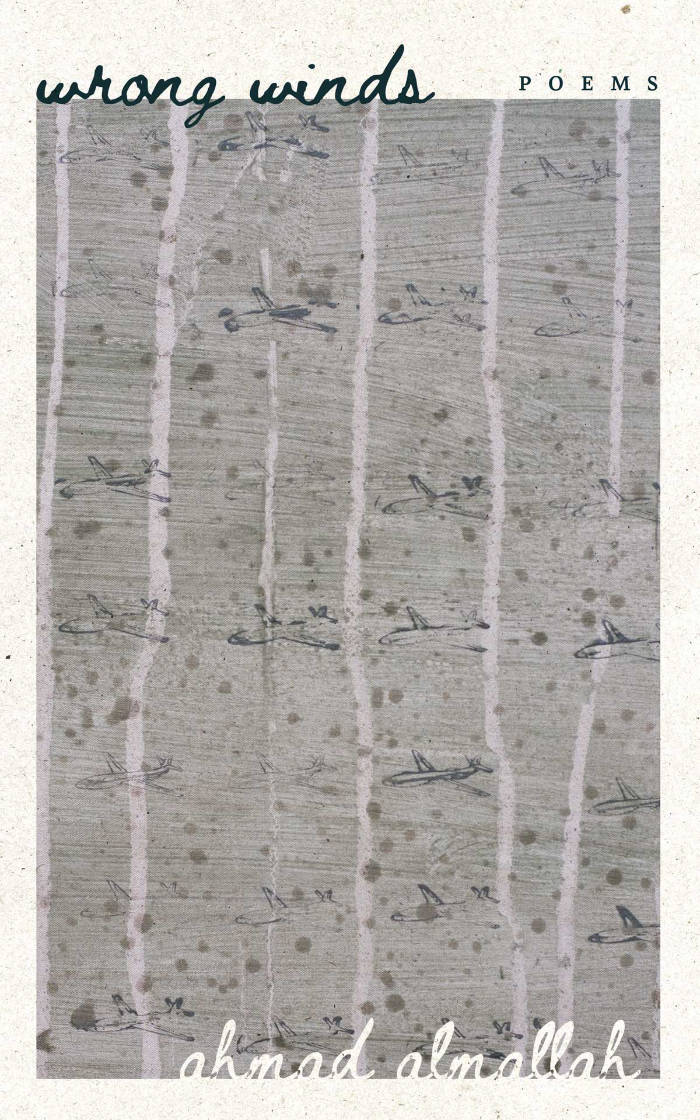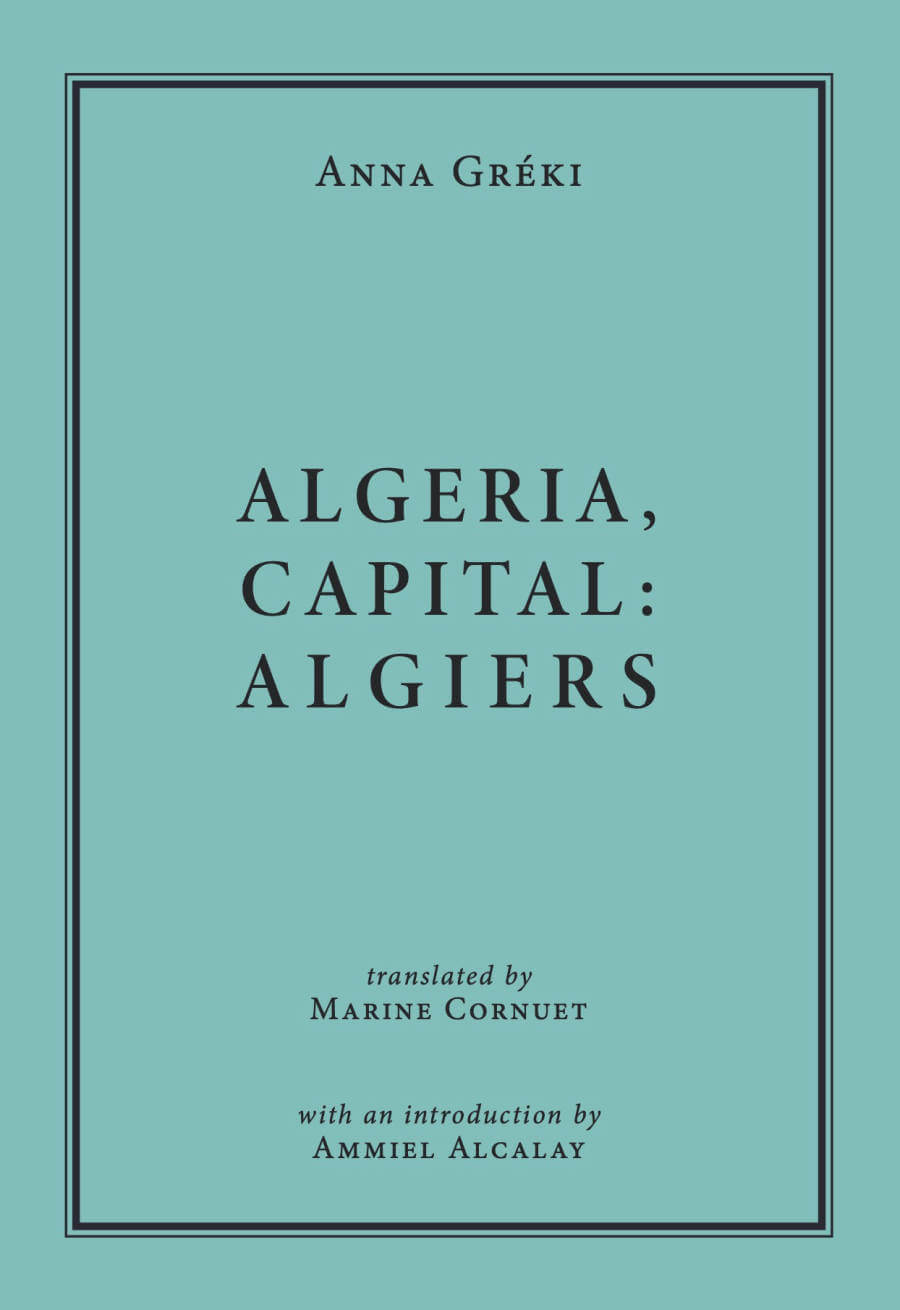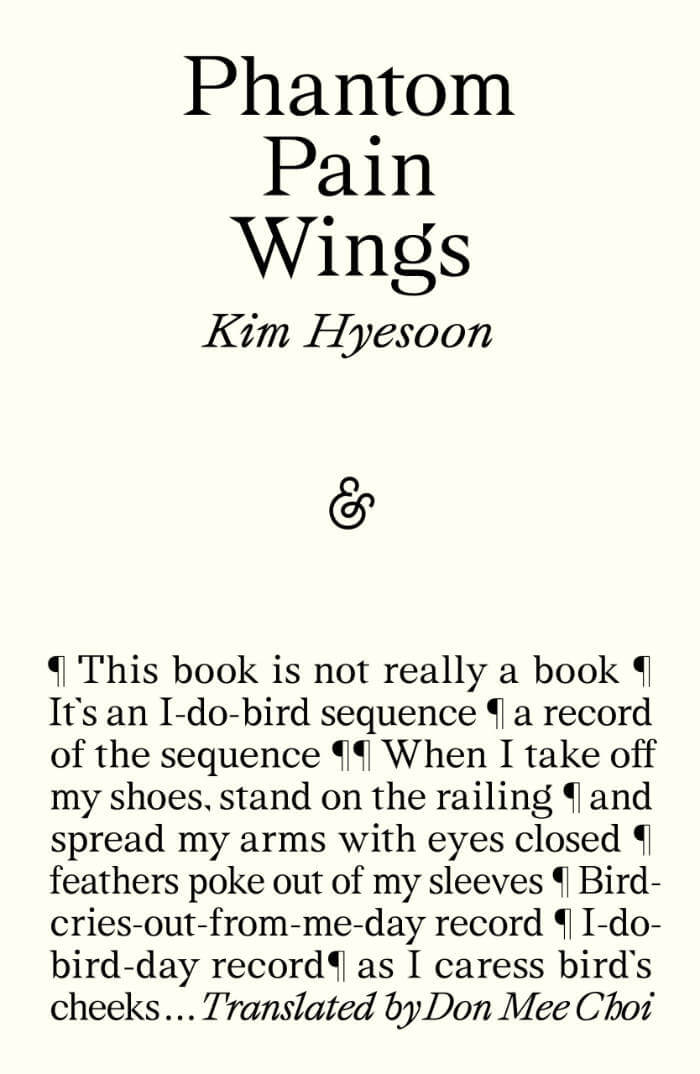
Border Wisdom
In his second book of poems, Ahmad Almallah seeks a language that captures the afterlives of the mother tongue. This collection blurs the borders between languages, between the living and the dead, between presence and absence.
The poems of Border Wisdom break and mourn physical borders at the same time. Here the exilic idea of a return to a home is expressed in the daily return to the blank page in search of a poem. In these returns the body brushes against the past and, as Hart Crane puts it, taps into "that memory all things nurse."
"In Border Wisdom, Ahmad Almallah takes the notable step of writing in a mix of Arabic and English scripts, a bilingual poetics that has surfaced intermittently among the finest of our experimental writers. For this and for his exemplary writings in standalone English, I would extend to him the well-known welcome that Emerson directed to Whitman nearly two centuries ago: I greet you at the beginning of a great career."—Jerome Rothenberg
Ahmad Almallah grew up in Bethlehem, Palestine and currently lives in Philadelphia where he is an artist-in-residence in Creative Writing at the University of Pennsylvania. His first book of poems, Bitter English, was published in the Phoenix Poets Series from the University of Chicago Press in 2019. He received the 2018 Edith Goldberg Paulson Memorial Prize for Creative Writing, and his sequence of poems “Recourse,” won the 2017 Blanche Colton Williams Fellowship. His poems have appeared in Jacket2, Track//Four, All Roads Will Lead You Home, Apiary, Supplement, SAND, Michigan Quarterly Review, Making Mirrors: Righting/Writing by Refugees, Cordite Poetry Review, Birmingham Poetry Review, American Poetry Review, and Poetry, among others.







